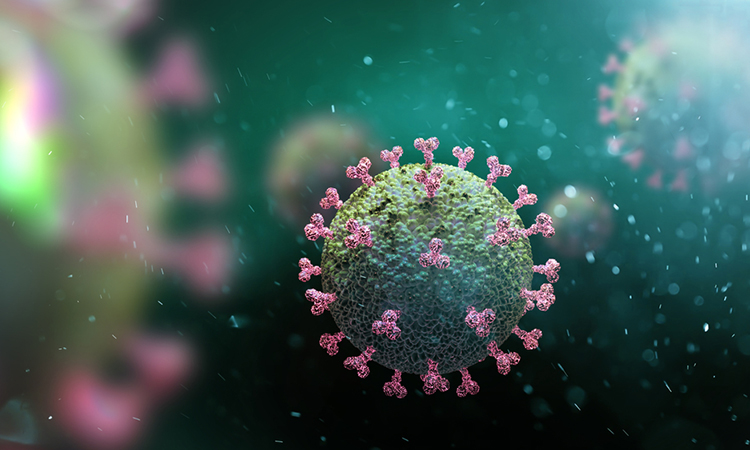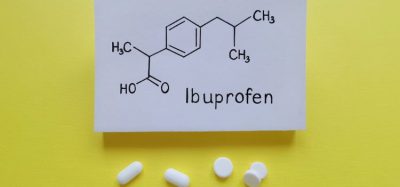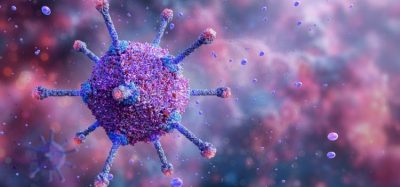Repurposed drugs not effective treatment for hospitalised COVID-19 patients, WHO says
Posted: 20 October 2020 | Victoria Rees (European Pharmaceutical Review) | No comments yet
WHO has said that remdesivir, hydroxychloroquine, lopinavir/ritonavir and interferon had little or no effect when treating hospitalised patients with COVID-19.


A randomised clinical trial by the World Health Organization (WHO) on COVID-19 therapeutics has generated conclusive evidence on the effectiveness of repurposed drugs for the treatment of the novel coronavirus. According to WHO, the clinical trial was the world’s largest and conducted in a record six months.
Interim results from the Solidarity Therapeutics Trial, co-ordinated by WHO, indicate that remdesivir, hydroxychloroquine, lopinavir/ritonavir and interferon regimens appeared to have little or no effect on 28 day mortality or the in-hospital course of COVID-19 among hospitalised patients.
The study, which spans more than 30 countries, looked at the effects of these treatments on overall mortality, initiation of ventilation and duration of hospital stay in hospitalised patients. WHO says that the other uses of the drugs, for example in treatment of patients in the community or for prevention, would have to be examined using different trials.
WHO highlights that progress achieved by the Solidarity Therapeutics Trial shows that large international trials are possible, even during a pandemic and offer the promise of quickly and reliably answering critical public health questions concerning therapeutics.
The global platform of the Solidarity Trial is ready to rapidly evaluate promising new treatment options, with nearly 500 hospitals open as trial sites. Newer antiviral drugs, immunomodulators and anti-SARS COV-2 monoclonal antibodies (mAbs) are now being considered for evaluation.
The results of the trial are under review for publication about are available pre-print in medRxiv.
Related topics
Clinical Development, Clinical Trials, Drug Development, Drug Safety, Research & Development (R&D)
Related organisations
Related drugs
Hydroxychloroquine, interferon, lopinavir, remdesivir, ritonavir









